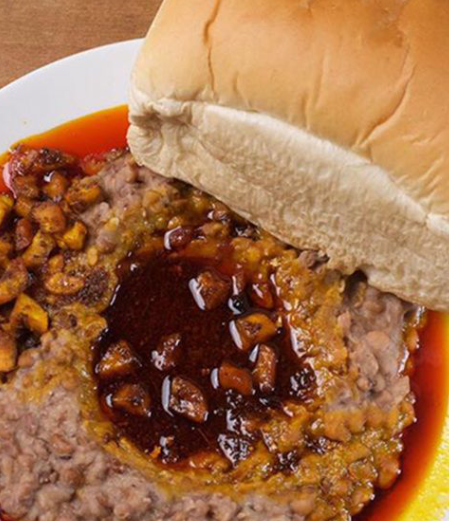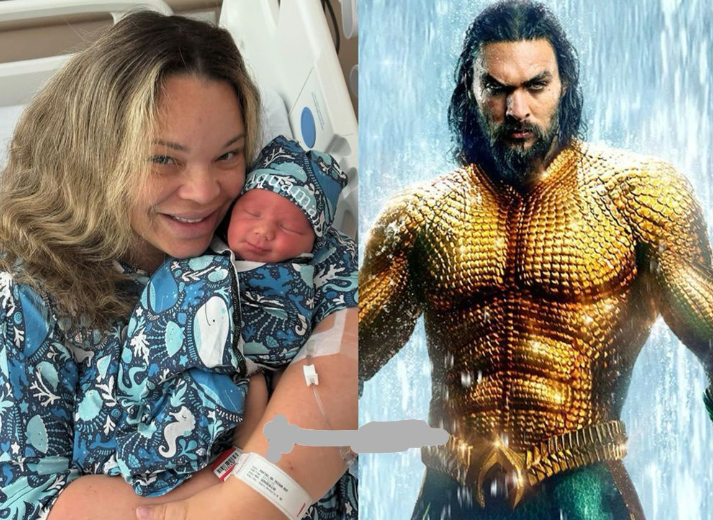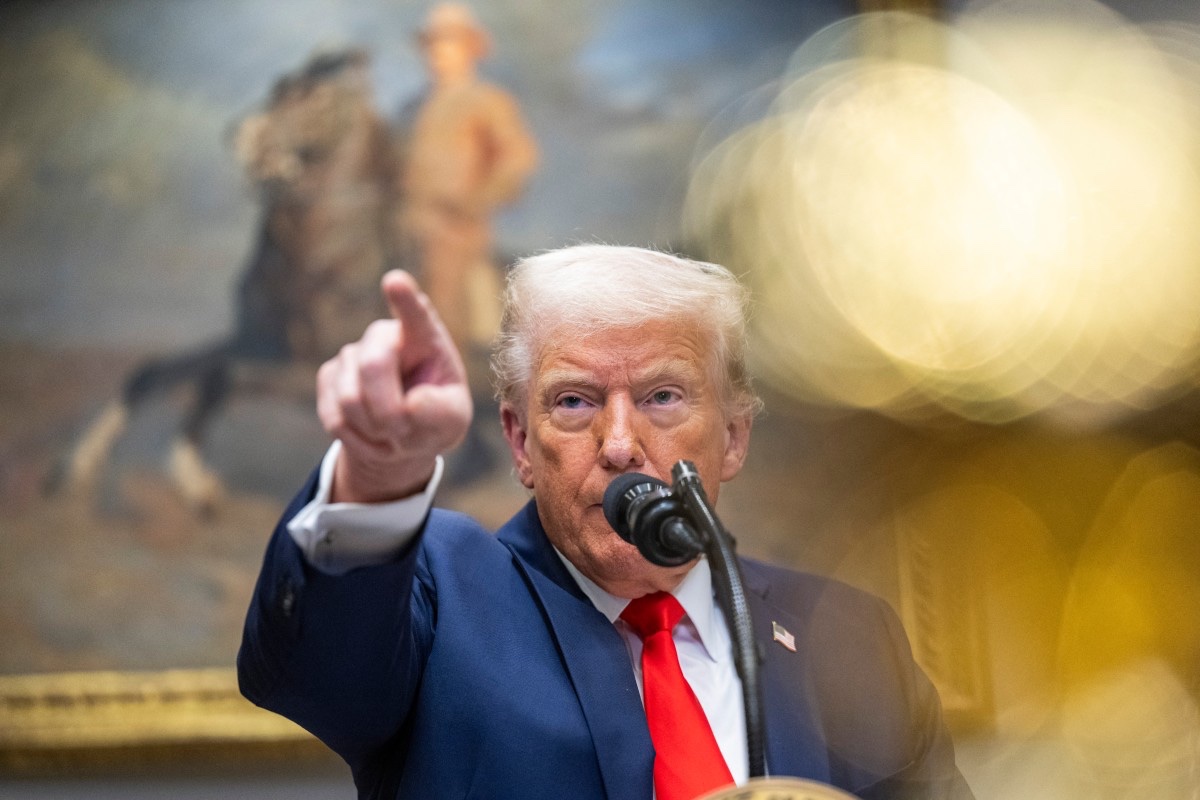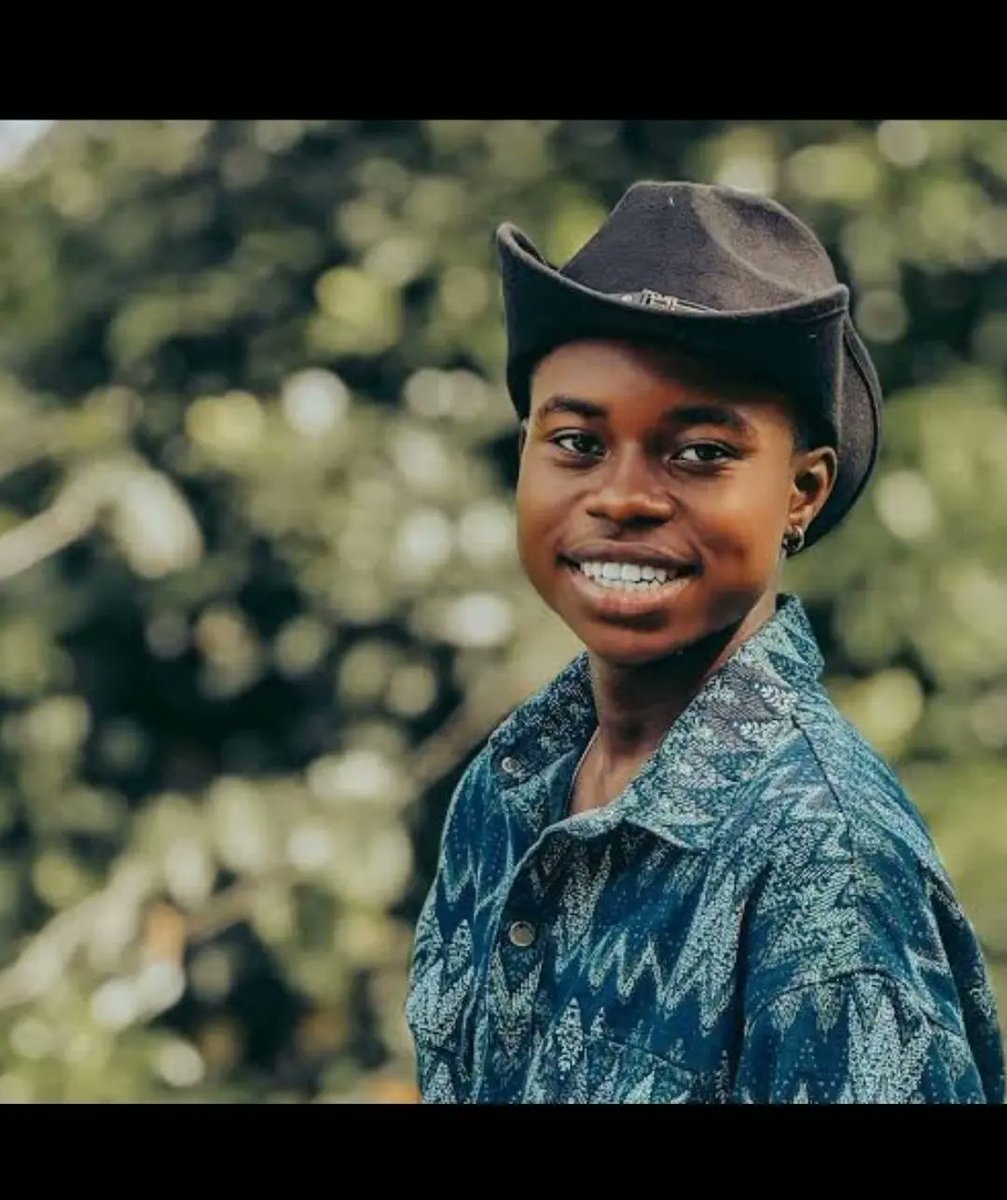
“I No Fit Leave Bread and Ewa!” – Nigerian Man Defends His Love for Affordable Meals Amid Dating Criticism

In a society where appearances often weigh more than substance, one Nigerian man has sparked a fierce online debate over the connection between food choices and romantic desirability. Twitter user @Dan04ie, known simply as Dan, lit up social media this week after publicly addressing the criticism he receives for consistently eating the Nigerian staple combo—bread and beans, commonly known as “ewa agoyin.”
Dan’s tweet, which has now gone viral, read:
“You only see me eat bread and beans everyday and that's why you can't date me? Omo, no be wetin person fit afford he go chop? I shouldn't eat bread and ewa again as how? But if I no chop am I go fall. Ino fit leave bread and ewa Omo.”
Within hours, the tweet had garnered thousands of likes, retweets, and comments, turning Dan into an unexpected advocate for food affordability, authenticity, and economic reality in Nigeria’s current climate.
For many Nigerians, bread and beans is more than just a meal—it’s comfort food, an affordable source of energy, and a nostalgic dish linked to childhood and hustle. Yet, for Dan, it has become a point of contention in his personal life, particularly in how he is perceived by potential romantic partners. His heartfelt tweet is being interpreted by many as a cry for understanding in a time where economic hardship has reshaped daily life, including dating expectations.
“I just dey honest,” Dan clarified in a follow-up post. “I no dey beg anybody make dem like me. But make una no look down on person just because of food wey e chop.”
This statement struck a chord. In a country where inflation continues to push basic commodities out of reach for the average citizen, Dan’s candor reminded Nigerians that sustenance should never be a reason to ridicule or reject someone. Particularly, he has drawn attention to how social class and lifestyle expectations are increasingly influencing modern dating, often in ways that prioritize optics over connection.
“I don’t think people understand the pressure young men face to ‘package’,” said Olumide Arowolo, a student at the University of Lagos who retweeted Dan’s message. “If you’re not eating in fancy restaurants or posting shawarma on Instagram, they feel you’re not serious or successful. But a lot of us are surviving. Bread and beans no be poverty.”
Dan’s declaration also sheds light on a larger, ongoing cultural shift in Nigerian society—where affordability is now being equated with mediocrity and low standards. For many netizens, Dan's experience is just one example of how classism subtly permeates everyday relationships, particularly romantic ones.
Several Twitter users came to Dan’s defense, with some even sharing their own stories of being judged for their food choices.
“Na so one babe say she no go follow man wey dey chop mama put,” one user posted. “But na the same mama put carry me through NYSC.”
Another wrote, “Bread and beans is elite. If you know, you know. It’s filling, nutritious and cheap. Dan na real G.”
But the backlash was not absent. Critics quickly countered Dan’s post, with some accusing him of weaponizing poverty and refusing to “aspire” to better. One user responded, “Nobody say make you chop food wey pass your level, but at least try dey balance am. You no fit dey eat same food everyday and no want people to raise eyebrow.”
In response to the backlash, Dan maintained his composure. “E no mean say I no get taste or ambition. I just dey real with my life. If na only bread and ewa I fit afford comfortably, make I go thief because I wan impress babe?”
For many observers, Dan’s words cut deeper than the surface argument about food. They reveal the broader truth of what it means to live within one’s means in a hyper-materialistic culture. In an age of constant comparison, curated lifestyles, and social media highlight reels, authenticity has become both a virtue and a rebellion.
“Dan dey remind us say real life no be aesthetics,” said Tonia Edeh, a Lagos-based content creator. “No be everybody wey dey chop burger dey happy. Some just dey hide loan wey dem borrow.”
As the conversation continued to trend, even influencers and popular figures began chiming in. One food blogger reposted Dan’s tweet with the caption: “Bread and beans is gold. Don’t let society shame you out of your reality.”
Others have used the opportunity to begin more meaningful conversations about food insecurity, inflation, and how unrealistic societal standards can breed shame.
“There are people who can’t even afford ewa agoyin right now,” commented social activist @NgoziWrites. “So let’s be honest. What Dan is talking about is survival. The fact that he’s honest about it makes him braver than most.”
This firestorm of tweets has since spilled over into Instagram and TikTok, with the hashtag #BreadAndEwaChallenge beginning to trend. Some users posted videos of themselves eating the meal proudly, tagging Dan and declaring solidarity. Others used it as an opportunity to launch a broader conversation about poverty-shaming and unrealistic dating expectations in modern Nigeria.
From a simple tweet about his daily meal, Dan has unintentionally ignited a cultural conversation about identity, pride, judgment, and the basic human need to eat what one can afford without shame. He has become a symbol, not just of economic realism, but of courage in the face of social pressure.
Whether the frenzy will fade or spark long-term reflection remains to be seen, but one thing is certain: Dan has reminded Nigerians that it is not in the glitz or gourmet meals that a man is made, but in his ability to stay true to himself, even when it’s just bread and beans on the plate.
As one user aptly put it:
“If Dan dey chop bread and beans, and him still dey keep him head up, then maybe na we suppose check ourselves, no be am.”


